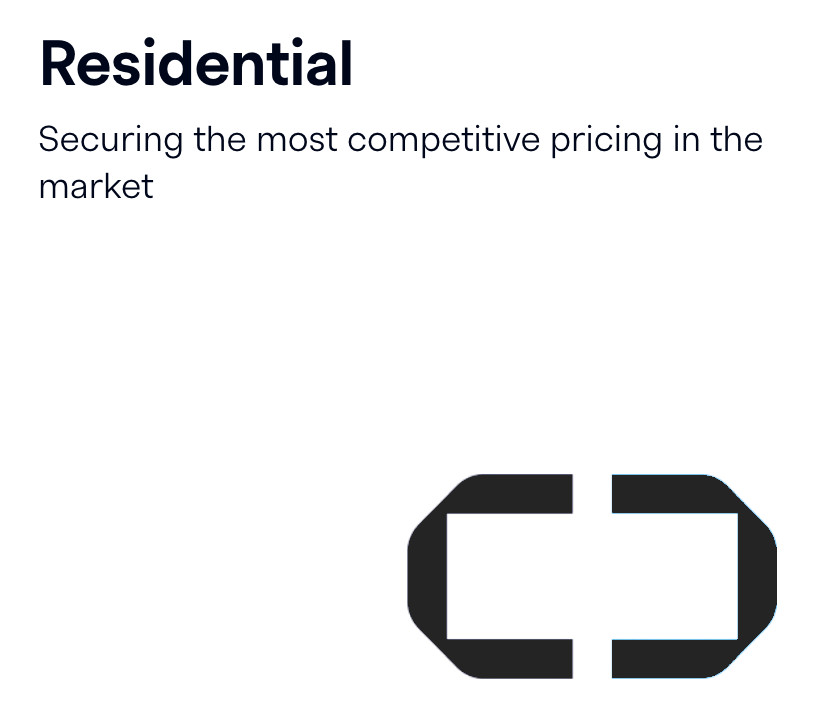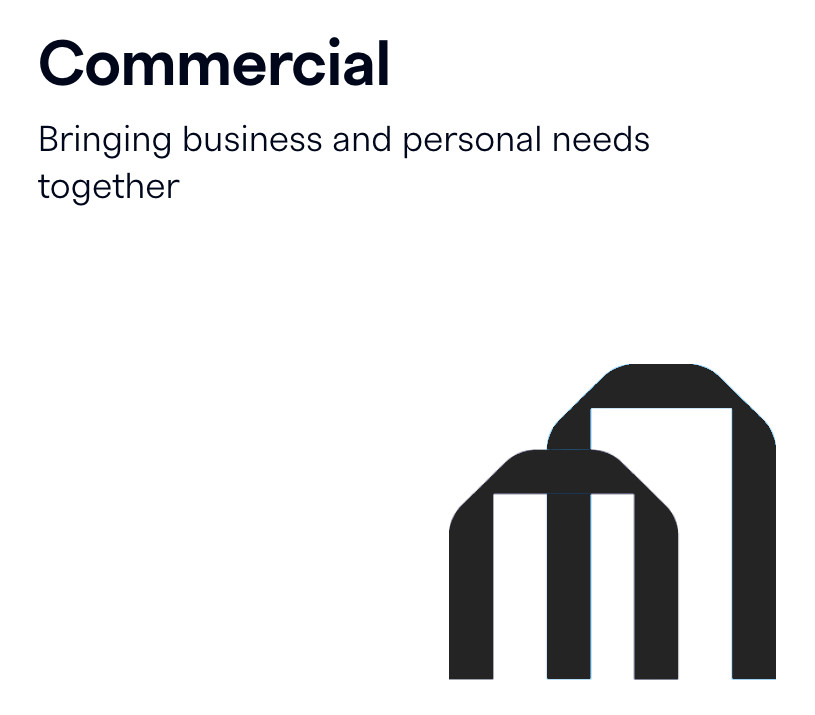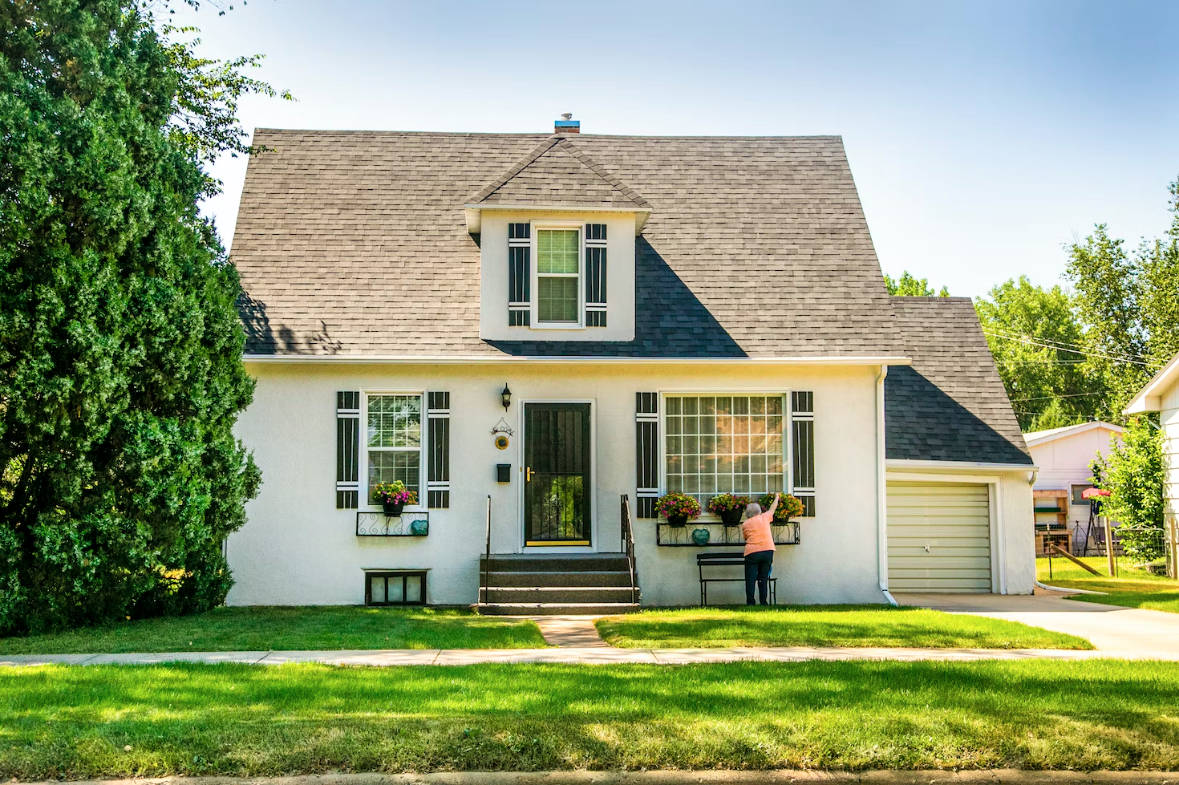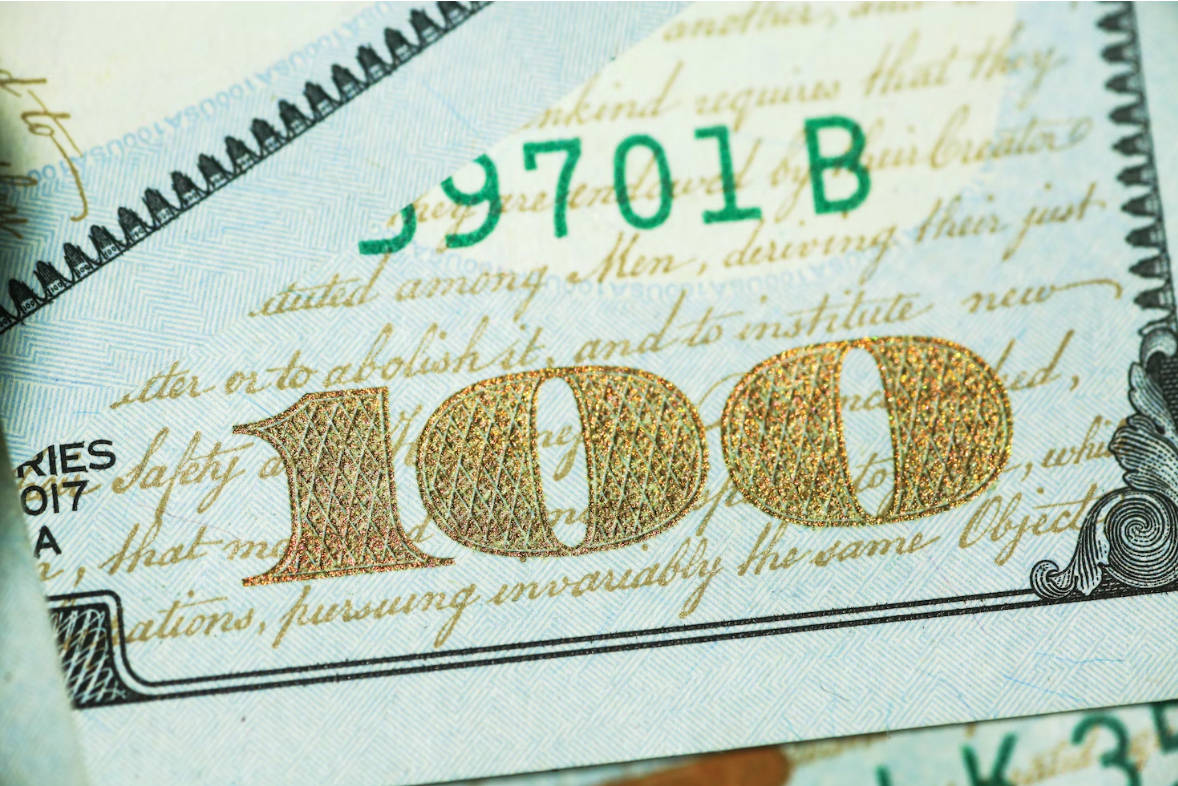Your mortgage just got a whole lot simpler!
Purchase your new home. Compare hundreds of loans all at once.
Your mortgage just got a whole lot simpler!
Purchase your new home. Compare hundreds of loans all at once.
Our Services
Superior loan products across every category
Numbers Speak
Mortgage Calculator
Disclaimer: C2 Financial Corporation is licensed by the California Bureau of Real Estate, Broker # 01821025, NMLS # 135622. This licensee is performing acts for which a real estate license is required. C2 Financial Corporation is an Equal Housing Mortgage Broker/Lender. Loan approval is not guaranteed and is subject to lender review of information. All loan approvals are conditional and all conditions must be met by borrower. Loan is only approved when lender has issued approval in writing and is subject to the Lender conditions. Specified rates may not be available for all borrowers. Rate subject to change with market conditions.
What You Need to Know
Required Documents
In most cases, you will be required to submit the following documents relative to your loan application.
In most cases, you will be required to submit the following:
- Paystubs for the past 30 days showing both your current and the year-to-date (YTD) income.
- W-2 (or 1099) Statements for the past two years.
- Tax Returns (1040) for the past two years.
To prove that you have funds for the down payment and the closing costs on the loan, you will be asked of the following:
- Bank Account Statements covering two months or 60 days.
- Investment Account Statements for the last quarter.
- Gift Letters if you receive money from a relative or a friend to assist with the down payment.
You will be required to submit copies of the following:
- Driver License.
- Social Security Card.
- Green Card (For permanent resident applicants.)
As the loan application progresses, the Lender might ask additional documentations on a case to case basis that include, but not limited to, the following:
- Letter of Explanations (LOX).
- Employment Verification.
- Transcript of Records or Diploma.
- Etc.
Loan Qualification
These are technical terms that you need to know so you can understand the loan approval process better.
Your Credit Score plays a major role in your ability to secure a mortgage loan and the interest rate that you can get.
Generally, the lower your credit score is, the higher the interest rate lenders will lend you money than that paid by someone with a better credit score.
Some loan programs also have minimum credit score requirement so be sure to consult with your Loan Officer about loan programs that are available for you.
The Debt-to-Income (DTI) Ratio is the numerical representation of how much you owe each month to how much you earn and is used by lenders to determine your borrowing risk.
It is the percentage of your gross monthly income that goes towards the payments for mortgage, rent, auto loan, credit card debt, student loan or other debt.
Different loan programs have different DTI requirements, therefore, your Loan Officer calculates your DTI to determine the best loan program available for you.
The Loan-to-Value (LTV) is the ratio of the amount of money being borrowed to the market price of the property subject to a mortgage.
Lenders use the LTV to assess the lending risk before approving a mortgage loan. High LTV loans, like a conventional loan with more than 80% LTV, would require the Borrowers to purchase a mortgage insurance and would have higher interest rates.
When you get a mortgage, there is a limit as to how much you can borrow and this limit is different for every county.
So, even if you are approved to apply for a loan with a higher amount, you still need to know how much does the Federal Housing Finance Agency (FHFA) set forth to conform with their standards.
If your loan amount goes beyond the conforming limits, you can still get the loan, however, you will no longer qualify to a more affordable mortgage loan specifically with conventional and FHA loans.
Click on this link to determine the current loan limits in your county.
Loan Costs
These are the costs associated with your loan that you need to pay upfront or financed by the loan.
If you hear somebody telling you that you need to put up 20% of the purchase price as down payment, that is fake news! The truth is, you do not have to put up 20% DP in most cases.
Different loan programs offer different percentages for the downpayment and here are the most common:
- FHA – 3.5% (Minimum)
- Conventional – 5% (Minimum). However, some lenders offer as low as 3% DP for first time home buyers so please check with your Loan Officer about this program.
- VA – 0% (Minimum). For veterans who will apply for a VA Loan with non-spouse Co-borrower, VA will require a 12.5% DP.
Further, if you do not have enough savings for the down payment, consult with your Realtor® or your Loan Officer for down payment assistance (DPA) programs that may be available for you.
Mortgage insurance is an insurance policy that protects the mortgage lender or the title holder if the borrower defaults on payments, dies, or otherwise unable to meet their obligations of the mortgage.
With an FHA loan, it is called the Mortgage Insurance Premium (MIP) and the borrower needs to get it for the life of the loan.
With a conventional loan, it is called Private Mortgage Insurance(PMI) and it protects the lender. However, upon reaching an LTV of 80%, the PMI will be removed saving few hundred of dollars in monthly mortgage.
On the other hand, VA loans do not require mortgage insurance.
The Upfront Mortgage Insurance Premium (UFMIP) is a unique feature of FHA loans.
It is an insurance premium that is collected, either paid at closing or rolled over to the loan, at the time the loan is made.
UFMIP is added to a pool of money that is used to help FHA insure FHA Loans.
Currently, the UFMIP is 1.75% of the purchase price or the base loan amount (for refinance). So if your purchase price is $350,000, you will be required to pay, upfront, the amount of $6,125 and this will be added to the closing cost (or financed by the loan).
Talk to your Loan Officer about your options.
Borrowers are expected to pay for the cost associated with pulling their credit report. Some Borrowers pay it in advance or pay it at closing as part of the closing costs.
Another expense that the Borrowers are expected to pay is the cost of doing the appraisal of the property. In most cases, it is usually paid in advance using the Borrowers’ credit card.
Talk to your loan Officer about your options.
Closing costs are expenses you pay to your lender in exchange of loan services (processing fees) and can make up about 3-6% of the loan amount.
Some costs are lender requirements, some are government requirements and others may be optional and is a case to case basis.
These costs include application fee, loan origination fee, appraisal, closing fee, courier fee, credit report fee, discount points, escrow funds, etc.
Just remember that you can actually negotiate with a seller to help cover the closing costs, which are called seller concessions.
Talk to your Loan Officer about your options.
Cash to Close refers to the total amount of money that you will need to pay on closing day to finalize the home purchase transaction.
The Cash to Close includes the closing costs and the remaining unpaid down payment.
Some people confuse cash to close with the closing costs. Though they are closely related, they are still different.

Are You Ready to Apply For a Loan?
What my Clients Have to Say?









